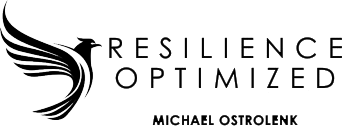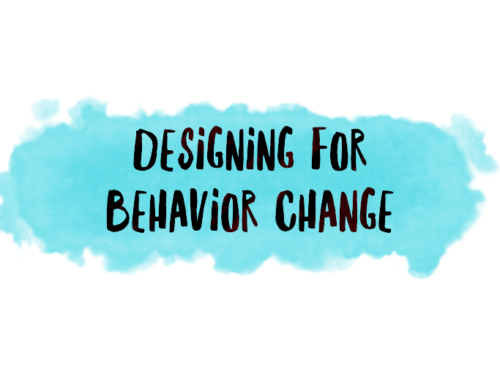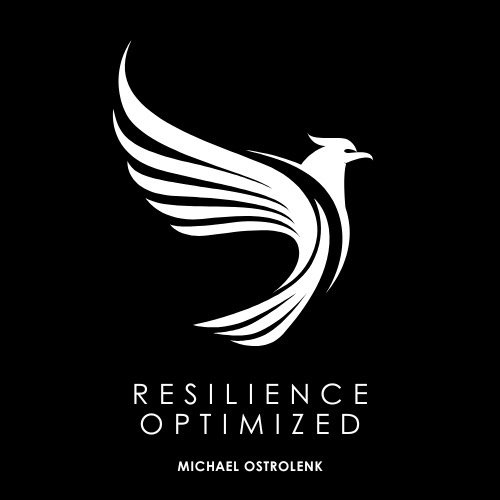
Optimizing Health and Longevity for a Vibrant Life
Optimizing health and longevity is about making intentional choices to enhance physical, mental, and emotional well-being. For veterans transitioning to civilian life or anyone seeking a longer, healthier life, adopting evidence-based habits can lead to profound benefits. This article outlines practical strategies to boost vitality and promote a thriving future.
Prioritize Nutrition for Vitality
A balanced diet is the foundation of longevity. Focus on whole foods—vegetables, fruits, lean proteins, whole grains, and healthy fats like those in avocados or nuts. Aim for a colorful plate to ensure a range of nutrients; for example, leafy greens support heart health, while berries provide antioxidants. Limit processed foods and added sugars, which can increase inflammation. Veterans, accustomed to structured meal plans, can apply this discipline by meal-prepping nutrient-dense dishes weekly. Staying hydrated—aiming for 8–10 cups of water daily—also supports metabolism and energy levels.
Exercise for Strength and Resilience
Regular physical activity is non-negotiable for longevity. Aim for 150 minutes of moderate aerobic exercise weekly, like brisk walking or cycling, paired with strength training twice a week to maintain muscle mass. Exercise boosts cardiovascular health, reduces stress, and enhances mood through endorphin release. For veterans, transitioning from high-intensity military training to civilian routines might mean joining a gym or trying activities like yoga or hiking. Even 10-minute daily bodyweight circuits can sustain fitness and mobility.
Prioritize Sleep for Recovery
Quality sleep is a cornerstone of health. Aim for 7–9 hours nightly to support cognitive function, immune health, and emotional resilience. Establish a consistent sleep schedule and create a restful environment—dim lights, avoid screens an hour before bed, and consider relaxation techniques like deep breathing. Veterans managing stress from transition can benefit from mindfulness practices to improve sleep quality, reducing the risks of chronic conditions like heart disease.
Manage Stress for Mental Clarity
Chronic stress accelerates aging, so stress management is critical. Practices like meditation, journaling, or spending time in nature can lower cortisol levels. Veterans, familiar with high-pressure environments, can adapt by incorporating short mindfulness sessions daily. Connecting with supportive communities, such as veteran groups or hobby clubs, also fosters emotional well-being and reduces isolation.
Stay Proactive with Health Checks
Regular medical checkups catch potential issues early. Monitor blood pressure, cholesterol, and glucose levels, and stay up-to-date with screenings like those for cancer or vision. Veterans can leverage VA resources for comprehensive care. Building a relationship with a trusted healthcare provider ensures personalized guidance for long-term health.
Cultivate Purpose and Connection
Longevity isn’t just physical—it’s tied to purpose. Engage in meaningful activities, whether volunteering, pursuing hobbies, or mentoring others. Strong social bonds, like those forged in military service, enhance mental health and resilience. Join community groups or reconnect with family to build a sense of belonging.
By integrating these habits—nutrition, exercise, sleep, stress management, proactive health checks, and purposeful connections—anyone can optimize health and longevity. Veterans and civilians alike can embrace these strategies to live not just longer, but with greater vitality and joy.







